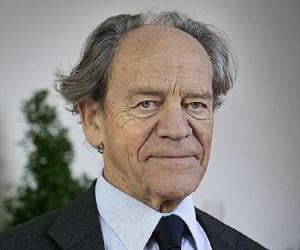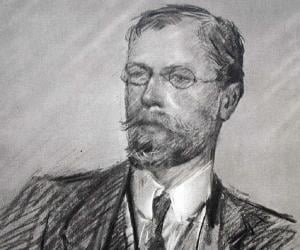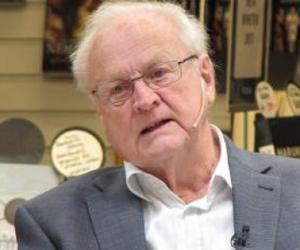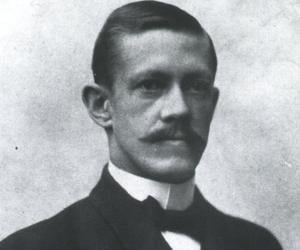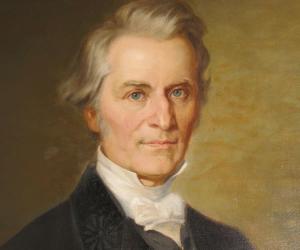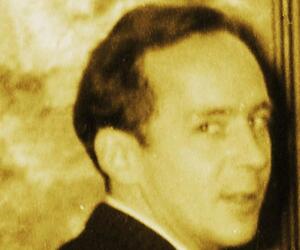1
Torsten Wiesel
(Swedish Neurophysiologist and Winner of the 1981 Nobel Prize in Physiology / Medicine)
Birthdate: June 3, 1924
Sun Sign: Gemini
Birthplace: Uppsala, Sweden
Torsten Nils Wiesel was a prominent Swedish neurophysiologist known for his groundbreaking research on information processing in the visual system. Alongside David H. Hubel, he was awarded the 1981 Nobel Prize in Physiology or Medicine for their discoveries in this field. Wiesel's work significantly advanced our understanding of how the brain processes visual information, leading to important insights into perception and cognition. His contributions have had a lasting impact on the field of neuroscience and continue to inspire further research in the area of visual processing.
